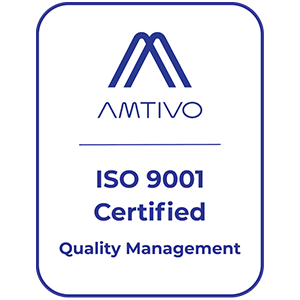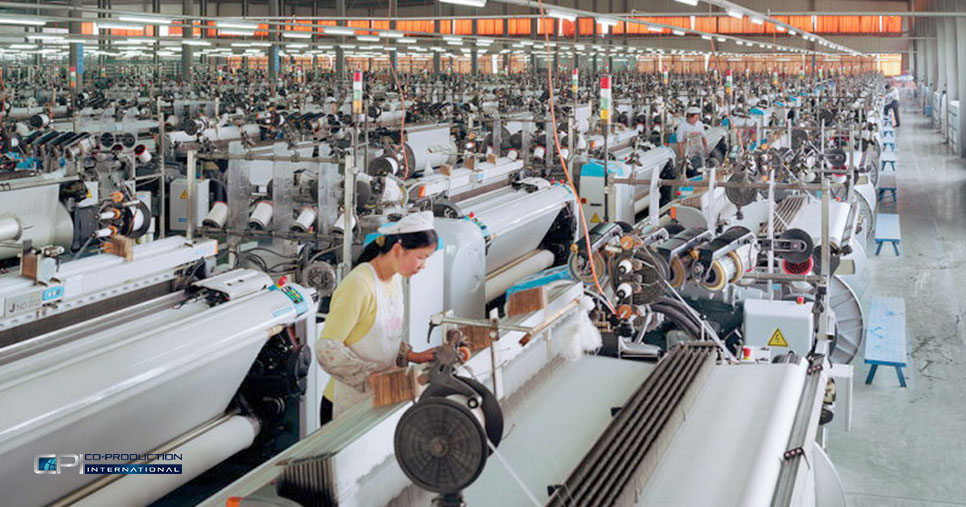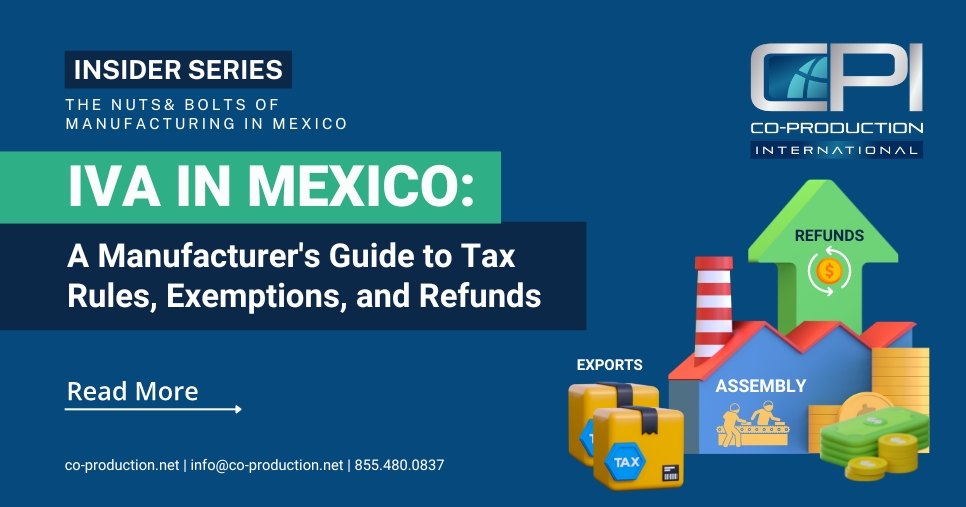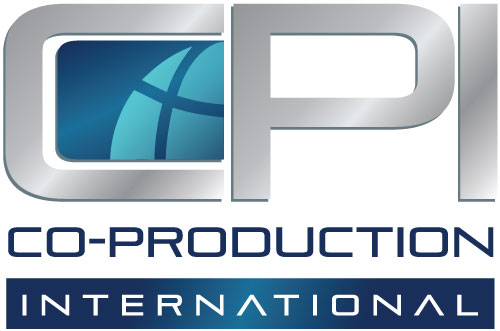On May 1st, 2019, a new federal labor law was discussed and approved by the Mexican Senate. Below we describe some of the most relevant changes.
A) Key elements of Mexico’s Labor Reform
- Labor Union Democracy. New processes are instituted for the election of union leaders, as well as to execute and review collective agreements. This, in accordance with the provisions of certain international agreements ratified by Mexico, as well as with the labor Chapter of the USMCA.
- New conciliation and labor registry functions. The Federal Center of Conciliation and Labor Registry (CFCRL) begins its functions, with the objective of register labor union organizations and collective agreements, as well as directing the conciliation phase of labor procedures.
- New Labor justice system. To make the judicial function more efficient, new phases and rules for labor trials are incorporated. In addition, it also establishes a transition process for the Federal Judicial office to begin hearing labor lawsuits.
It is important to remark that the new law provides the replacement of the payroll receipt printed by CFDI (Digital Tax Receipt Invoice) prior agreement between employee and employer and it will be considered as evidence in a trial if its is verified by the Tax Administration Service (SAT)portal.
It is also an important subject, that the employer will be required to implement a protocol to prevent discrimination and address cases of violence and harassment.
B) Main changes in Collective labor relations
Employees
- Employees will have greater participation in labor unions decisions regarding the organization and formation of the leadership
Employers
- The law establishes a series of guidelines so that employers are not involved in the process of formation, organization and function of the unions.
- Employer will have the obligation to deliver a copy of the collective agreement to employees.
Labor Unions
- In order to execute and review collective agreements, labor unions must have the support of at least 30 % of the personnel covered by the corresponding collective agreement. For this purpose, the unions are required by law, to request and obtain a Certificate of Representativeness
- The collective agreements that are not reviewed within four years, should admit calls of strikes for the signature of a collective agreement.
- The exclusion for admission clause remains in the Law. It provides that, when the collective agreement is agreed, the employer is required to only hire employee who are affiliated to the union holder of the collective agreement. But, after the hiring, the employee is free of changing union.
C) Relevant aspects of labor procedures
- Individual and collective trials will be held before the courts of the Federal Judicial office and before the Local (state) offices, as appropriate.
- The states’ courts must take office within a maximum period of three years and the federal courts in a period of four years, both after the entry into force of the new Federal Labor Law.
- In case of labor conflicts:
- The parties will be obligated to attend a preliminary conciliation hearing.
- In case of failure to reach an agreement may bring the dispute to court. This procedure interrupts the statute of limitations period to file a claim by the employee
- The evidence should be attached to the claim and to the answer to the complaint. New rules are provided for some evidence, such as the examination testimonial and specialist evidence.
During a trial, the burden of proof on the dismissal will be of the employer.
D) Main functions of the Federal Center of Conciliation and Labor Registry
- The Federal Center will start functions within a period no longer than two years after the entry into force of the new Federal Labor Law.
- Issue the Certificate of Representativeness necessary for the functioning of the labor unions.
- Carry out the registration of collective agreements and internal rules, as well as labor union organization.
- The Federal Center will verify the effective support of the majority of employees regarding the clauses contained within the collective agreement and the formation of the union leadership.
All the subjects related to personnel outsourced (Outsourcing services) will be reviewed on September 2019.
E) Recommended Actions for employers (Human Resources)
- To perform an auto evaluation regarding the legal compliance and labor work environment.
- To perform an evaluation regarding the vulnerability of union activity.
- To update the current Collective Agreements, including table of salaries.
- To identify internal people whom could be involved on the internal committees to align them with the company interests.
- To identify negative influencers/leaders against company interests and make decisions.
- To prepare to HR representatives and Supervisors to identify and solve conflicts.
SPANISH TRANSLATION
El 1ro de Mayo La Nueva Ley Federal del Trabajo Se Discutió y Aprobó en el Senado de Mexico
A continuación, los cambios más relevantes:
A) Puntos Clave de la Reforma Laboral
- Democracia Sindical. Se crean nuevos procesos para elección de dirigentes sindicales, así como para celebrar y revisar los contratos colectivos de trabajo., esto en apego a las estipulaciones de ciertos convenios internacionales ratificados por Mexico, así como el apartado en el capítulo laboral de USMCA
- Nuevas funciones de conciliación y registro laboral. Inicia funciones el (CFCRL) Centro Federal de Conciliación y Registro Laboral, con el fin de realizar el registro de las organizaciones sindicales y los contratos colectivos de trabajo, así como dirigir la fase conciliatoria en los juicios laborales.
- Nuevo Sistema de justicia laboral. Se agregan nuevas fases y reglas para el trámite de juicios, a fin de hacer más eficiente la función judicial. También se establece un proceso de transición para que el Poder Judicial de la Federación conozca los juicios laborales.
Es importante mencionar que la nueva Ley establece que se podrá realizar la sustitución del recibo impreso de nómina por CFDI, previo acuerdo entre empleador y empleado, y será considerado como prueba en un juicio si su contenido es verificado por el portal del SAT.
También se indica que los empleadores estarán obligados a implementar un protocolo para prevenir la discriminación, así como atender casos de violencia y acoso.
B) Principales cambios en las relaciones colectivas de trabajo
Empleados
- Tendrán mayor participación en las decisiones del sindicato respecto a su organización y conformación de la dirigencia.
Empleadores
- La Ley establece una serie de lineamientos para que no estén involucrados en el proceso de conformación, organización y actuación de los sindicatos
- Los empleadores tendrán la obligación de entregar a los empleados una copia del contrato colectivo.
Sindicatos
- Para celebrar y revisar lo contratos colectivos, deberán contar con el soporte de cuando menos el 30% del personal cubierto por dicho contrato. Para ello, deberán obtener la Constancia de Representatividad.
- Los contratos colectivos que no sean revisados en los cuatro años siguientes a la entrada en vigor de la reforma, admitirán emplazamientos a huelga por firma de contrato.
- La clausula de exclusión por admisión permanece en la Ley. Esta clausula establece que, cuando se pacta un contrato colectivo, el empleador está obligado a contratar únicamente a empleados afiliados al sindicato titular del contrato colectivo. Con posterioridad a la contratación, el empleado es libre de cambiar de sindicato.
C) Aspectos relevantes de los procedimientos en materia laboral
- Los juicios individuales y colectivos serán tramitados ante los tribunals del Poder Judicial de la Federación y de los estados, según proceda
- Los tribunales de los estados deberán entrar en funciones en un plazo máximo de tres años a partir de la publicación de la reforma y los tribunales federales en un lapso de cuatro años.
- En caso de conflictos laborales:
- Las partes estarán obligadas a agotar un procedimiento de conciliación prejudicial.
- De no llegar a un acuerdo, podrán llevar el caso al tribunal. Este procedimiento interrumpe el plazo de prescripción para interponer una demanda por parte del empleado.
- Las pruebas deberán acompañar a los escritos de demanda y respuesta. Se establecen nuevas reglas para algunas pruebas como la confesional, la testimonial y la pericial.
Durante un juicio, la carga de la prueba sobre el despido será del empleador, independientemente a que ofrezca la reinstalación del empleado.
D) Principales funciones del Centro Federal de Conciliación y Registro Laboral
- Iniciará funciones en un plazo no mayor a dos años a partir de la entrada en vigor de la nueva Ley.
- Expedirá la Constancia de Representatividad necesaria para el funcionamiento de los sindicatos.
- Llevará a cabo el registro de los contratos colectivos de trabajo y reglamentos interiores de trabajo, así como organizaciones sindicales.
- Tendrá una función conciliatoria en los conflictos laborales, con el fin de reducir el número de juicios en los tribunales.
Todos los temas relacionados con la subcontratación de personal o servicios de outsourcing serán revisados en Septiembre 2019.
E) Acciones recomendadas para los empleadores (Recursos Humanos)
- Realizar una auto evaluación en cuánto al cumplimiento de aspectos legales y del ambiente de trabajo.
- Realizar una evaluación en relación a la vulnerabilidad de actividad sindical al interior de la empresa.
- Actualizar el contrato colectivo de trabajo vigente, incluyendo el tabulador de salarios.
- Identificar empleados que debieran estar involucrados en los comités o comisiones internas para alinear sus intereses con los de la empresa.
- Identificar líderes/gente que ejerza una influencia negativa hacia el interior de la empresa, y tomar decisiones al respecto.
- Preparar a los representantes de Recursos Humanos y a los Supervisores en la identificación y solución de problemas.
Sources:
ARHITAC, Suma Corporativo, Ernst & Young, Mauricio Monroy





.png)






